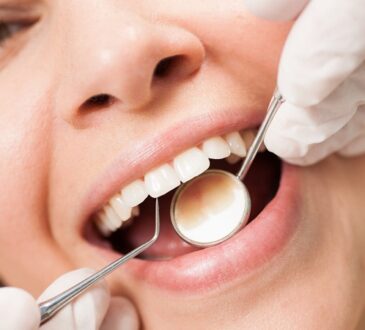
Dentures can improve the lives of those who struggle with their teeth. They restore your ability to talk, chew, and smile with confidence. However, people often ask, “Are dentures painful?” or “Is it painful to get dentures?” Such questions, doubts, and certain misconceptions can prevent people from getting the treatment’s benefits.
This blog will help you get the answers to your questions. The truth is that no dental treatment is 100% pain-free, but dentistry has certainly come a long way in that respect. Most people do not feel extreme or cruciating pain, only discomfort that subsides within a few days. An alternative to dentures is Coconut Creek dental implants. Consult with your dentist today.
Does getting dentures hurt?
It would be simply perfect if getting dentures did not hurt at all. However, the truth is that all dental procedures come with a certain level of discomfort. The good thing is that most of the cases involving pain do not last for a long time.
Here are some types of dentures and the pain you can expect with them:
- Partial dentures: Partial dentures are for people who are missing a few teeth and need them replaced. They are pain-free, but you may experience some adjustment issues when you start wearing your new dentures.
- Full dentures: Full dentures require the dentist to extract all of your teeth. Therefore, this is a more uncomfortable process than getting partial dentures. Post extraction, you may feel soreness in your gums. But that should subside within a few days.
- Implant retained dentures: They are the newest kind of dentures. They may be partial or full and are placed in your mouth with the help of implant screws. This process is considered to be the most uncomfortable of all denture procedures.
Eating challenges and speech adjustments
The very process of getting dentures may not be painful since you will be given anesthesia. However, what comes after may be bothersome. Learning to eat with dentures can be a challenge.
Dentists recommend eating soft foods, such as mashed potatoes and boiled vegetables. Try chewing evenly on both sides of the mouth to avoid giving pressure to one single side. It is also recommended to cut food into small pieces and avoid taking big bites.
Your speech may also be temporarily affected as the tongue and oral muscles adjust to the new teeth. Do not worry about it much. With speech exercises and reading practice, you can increase the adaptation process.




